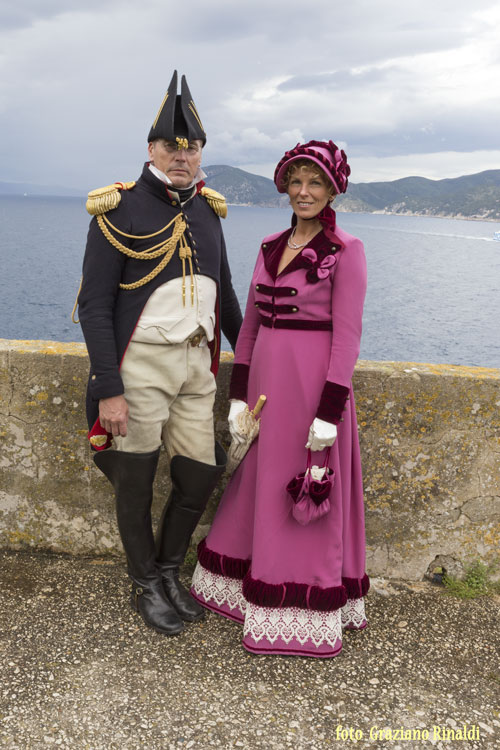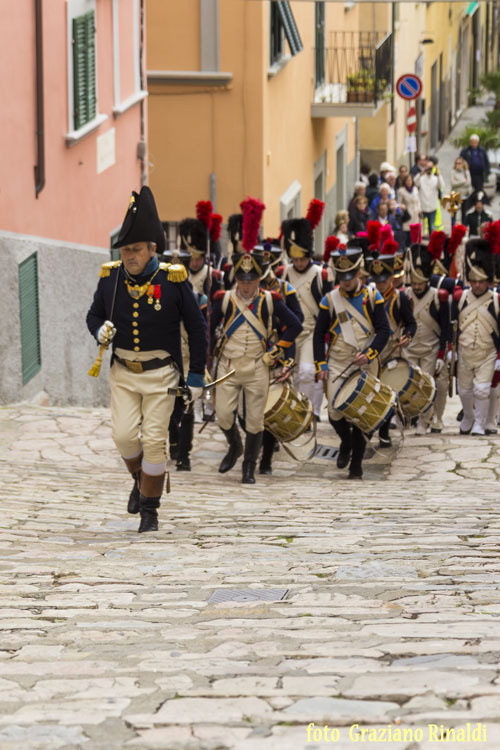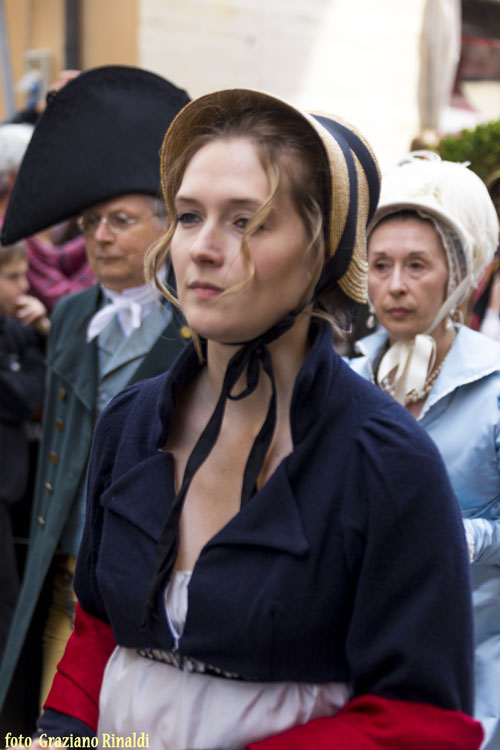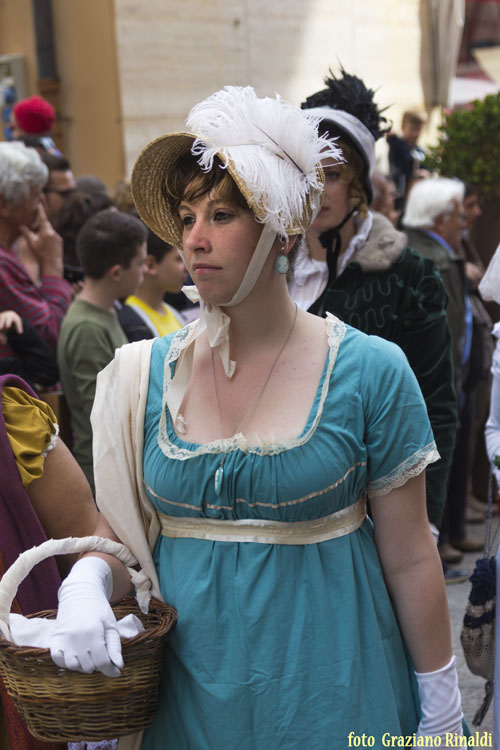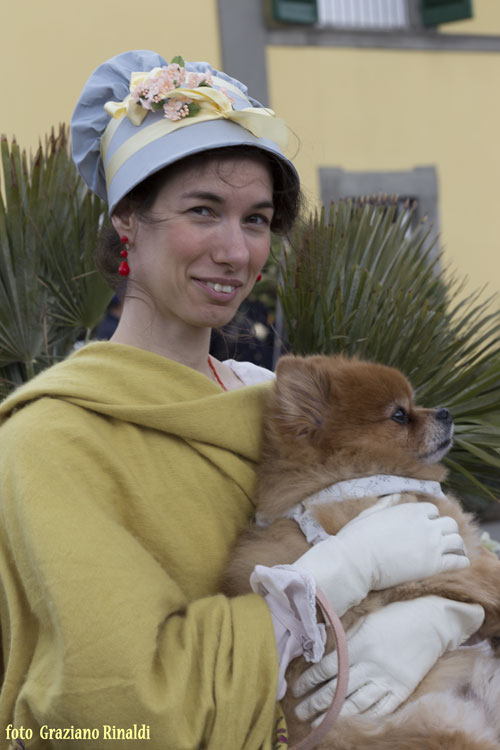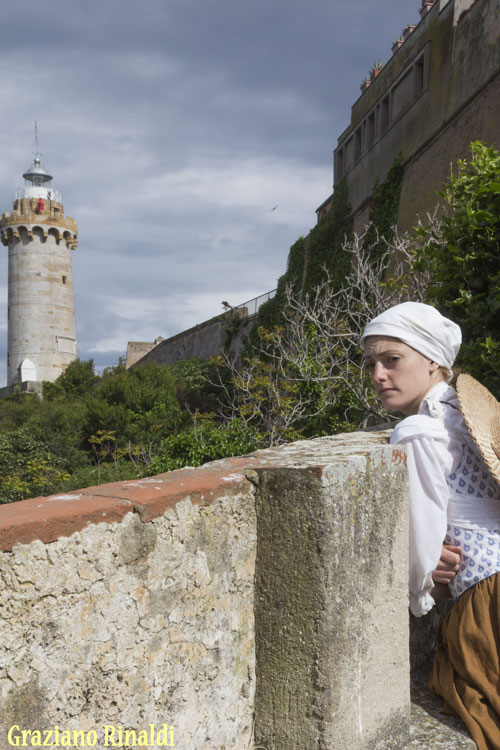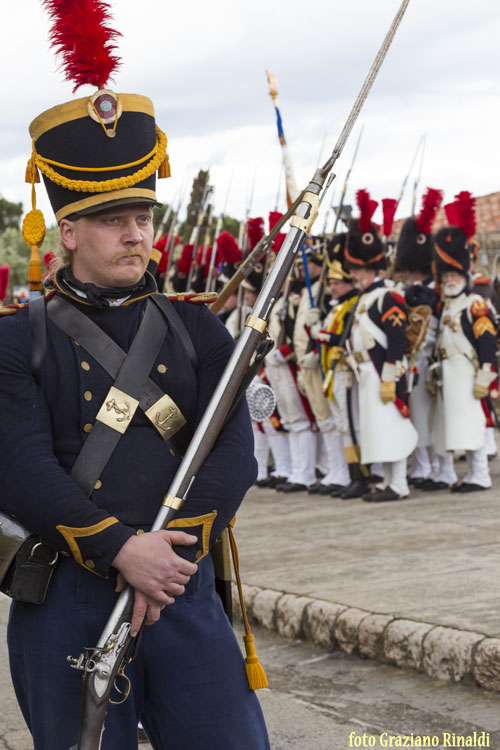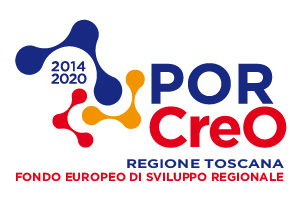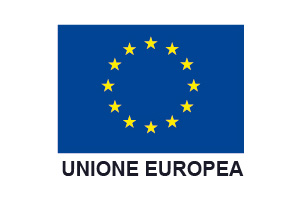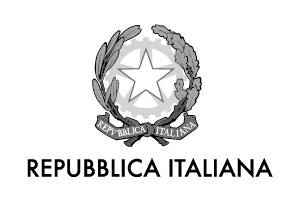Before we dive into the events that affect us directly and deal with the feelings of ambivalence that normally is provoked by this illustrious character, I want to focus on some details of his personality that have intrigued me and that may be useful to understand his character.
We start from the … mother:
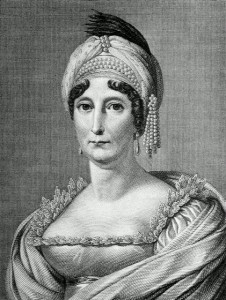 “It’s to my mother that I owe my fortune and all things that I have done well.”
“It’s to my mother that I owe my fortune and all things that I have done well.”
These are the words of a famous son.
Maria Letizia Ramolino Pietrasanta
was in all respects a remarkable woman, or as Stendhal says: “Cette femme et rare, l’on peut bien dire, d’un caratère unique en France“. She was born in 1750 and it is not surprising that already at age 14 she was already married to Carlo Maria Buonaparte which was customary at that time to marry as soon as possible to lighten the weight of the girls in the family. Her husband was strong, eloquent with a lively intelligence, he studied law in Pisa, and at a very young age became the lieutenant of Pasquale Paoli, the Corsican patriot. Carlo Maria is represented as a cheerful, brave man, but also rather lightweight and a squanderer of meagre family resources, besides being a player and a libertine. His was a family that could boast an ancient but impoverished nobility of Lombard origin, the house dates back to the tenth century and by the way, some of the family also became the rulers in Treviso.
From 1529 the Bonapartes were in Ajaccio and retaining the title of Florentine patricians, lived quite miserably from their flocks of sheep and goats in the mountains, and their vineyards and olive groves on the coast. In 1767 Corsica belonged to the republic of Genova, but this didn’t help when trying to endure the war against the Corsican patriots, so he decided to sell the island to Louis XV. The French sent enough troops to crush the Corsican Independence Movement, there were two years of battles, during which we find Letizia Ramolino, between adolescence and youth, alongside her husband, patriot and respected fighter. After the disastrous battle of Ponte Nuovo, in May 1769, the few surviving patriots retreated into the inland areas of the Island and Letizia was with them. She was carrying her second child. Guido Gerosa notes in his biography of Napoleon “during the retreat, and during all those journeys, Letizia always felt that the child was moving powerfully in her womb. She was proud of those months spent in desperate war: In the wild mountains and in the deep woods, now riding, now on foot, climbing the steep rocks, forcing their way through the thicket of thorny bushes, wading rivers, hearing bullets whizzing by, in all this she had carried a baby in arms (the firstborn Joseph) and the second at the breast, without being afraid of anything” The courage and devotion of Letizia was added to her other feature, her beauty. The brunette who embodied the proud Corsican race, an indomitable race that is well portrayed by the answer given by a prisoner to a French officer who asked what had become of the wounded he had seen in a military hospital, he was told, “we die.”
The defeat of the patriots and the abdication of Pasquale Paoli, broke the resistance movement and the father Carlo Maria was adopted into the new French administration, he was actually a good lawyer and had many important contacts, then he become deputy of the aristocracy of Corsica to the United General at Versailles. Among it’s most important spokesmen was also the Governor Marbeuf, and it seems certain that he became the lover of Letizia. Napoleon was probably aware of it, but this did not diminish the esteem for his mother, a respect that he never showed to his father, of whom he said was “too fond of pleasure to think of his children.”
Letizia was the only one who looked after the education of children and Napoleon, you know, he had a long memory.
Graziano Rinaldi

